Het arrangement Theme Animals and pets - tto123 is gemaakt met Wikiwijs van Kennisnet. Wikiwijs is hét onderwijsplatform waar je leermiddelen zoekt, maakt en deelt.
- Auteur
- Laatst gewijzigd
- 10-05-2025 19:09:01
- Licentie
-
Dit lesmateriaal is gepubliceerd onder de Creative Commons Naamsvermelding-GelijkDelen 4.0 Internationale licentie. Dit houdt in dat je onder de voorwaarde van naamsvermelding en publicatie onder dezelfde licentie vrij bent om:
- het werk te delen - te kopiëren, te verspreiden en door te geven via elk medium of bestandsformaat
- het werk te bewerken - te remixen, te veranderen en afgeleide werken te maken
- voor alle doeleinden, inclusief commerciële doeleinden.
Meer informatie over de CC Naamsvermelding-GelijkDelen 4.0 Internationale licentie.
Aanvullende informatie over dit lesmateriaal
Van dit lesmateriaal is de volgende aanvullende informatie beschikbaar:
- Toelichting
- Dit thema valt onder de arrangeerbare leerlijn van de Stercollectie voor Engels voor tweetalig onderwijs, leerjaar 1, 2 en 3. Dit is het thema 2 'Animals and pets'. Het thema omvat de volgende onderwerpen: 'My pet', 'Animal hospital' en 'Farm animals'. De grammaticaopdrachten gaan over simple present, negations simple present en personal pronouns.
- Leerniveau
- VWO 2; HAVO 1; VWO 1; HAVO 3; VWO 3; HAVO 2;
- Leerinhoud en doelen
- Engels;
- Eindgebruiker
- leerling/student
- Moeilijkheidsgraad
- gemiddeld
- Studiebelasting
- 8 uur 0 minuten
- Trefwoorden
- animal hospital, animals and pets, arrangeerbaar, engels, farm animals, my pet, simple present, negations simple present en person, stercollectie, tto123
Gebruikte Wikiwijs Arrangementen
VO-content Engels. (2022).
Thema: Animals and pets - hv12
https://maken.wikiwijs.nl/132486/Thema__Animals_and_pets___hv12

 This theme is about Animals and pets.
This theme is about Animals and pets. You have just started the theme Animals and pets.
You have just started the theme Animals and pets.

 In this theme you will focus on the following 'can do' statements.
In this theme you will focus on the following 'can do' statements. In this theme you are going to do the following things:
In this theme you are going to do the following things: In this theme there are three lessons.
In this theme there are three lessons.

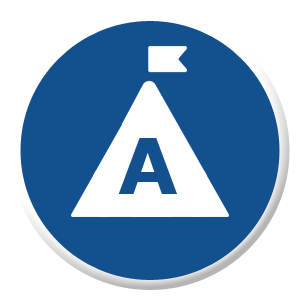 Situation
Situation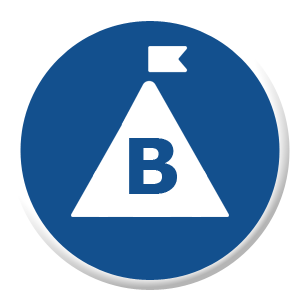 Final product
Final product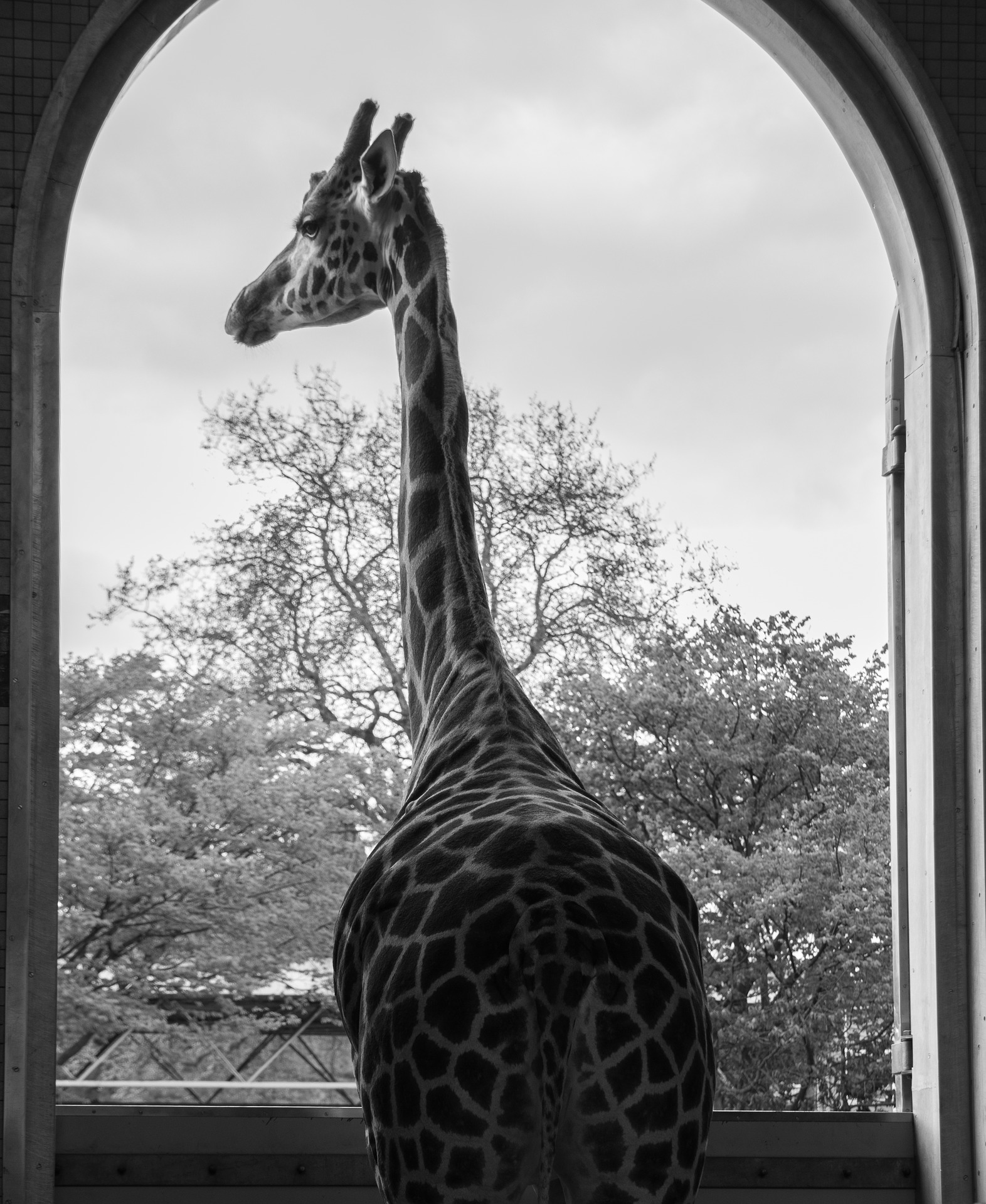 Task
Task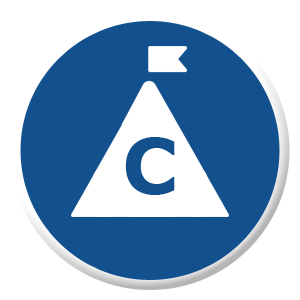 Describe the picture of an animal.
Describe the picture of an animal.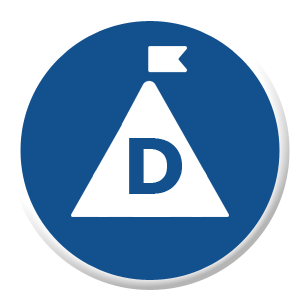 Write an e-mail.
Write an e-mail.
 Can do statements
Can do statements